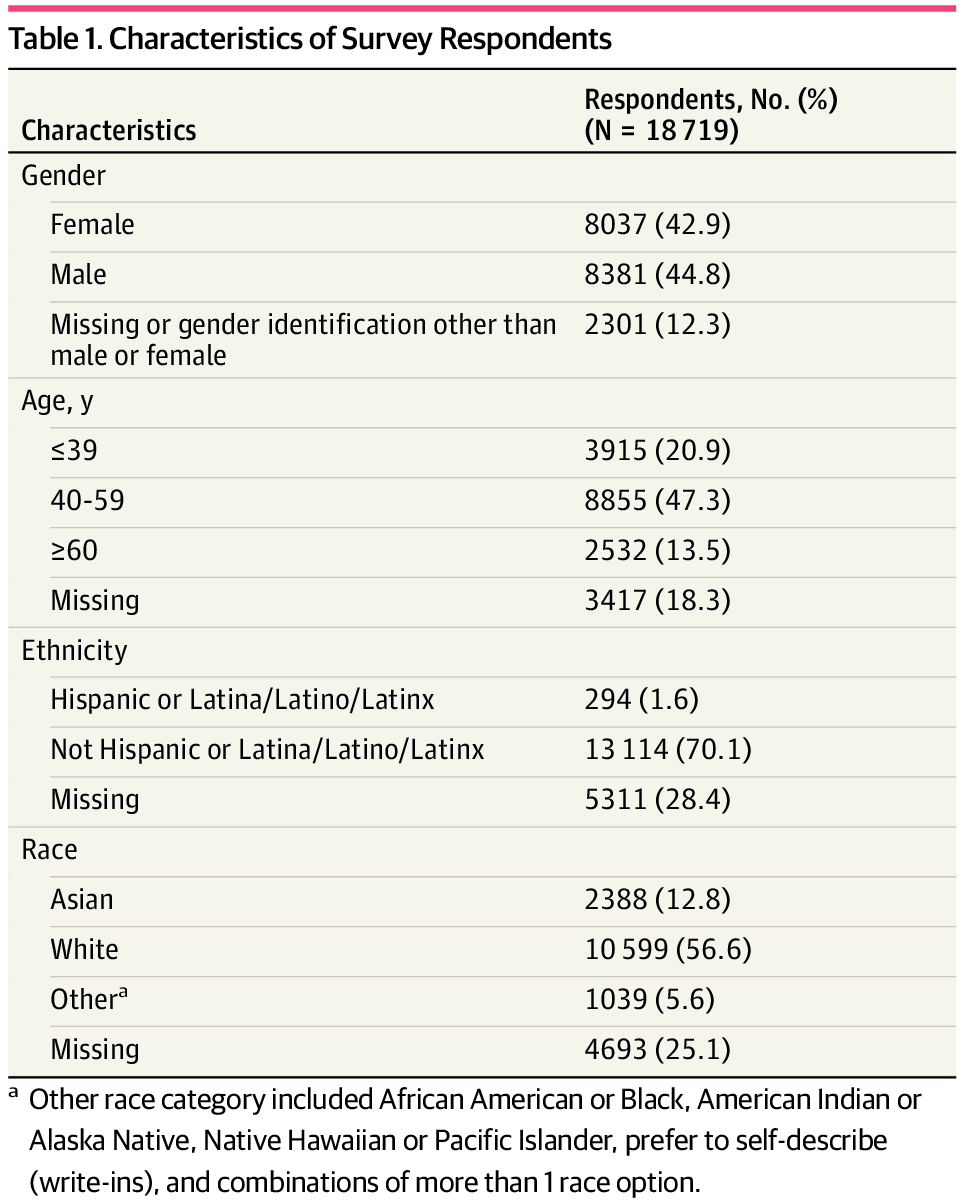Well, in my experience, trainees gravitate toward the people who they see the most on service, which end up being young attendings who haven’t found a purpose. So those trainees are “mentored” by people who functionally have no idea what they are going to do besides seeing patients. So, the fresh crop end up being a carbon copy of the junior people and the process just repeats itself indefinitely. And if your goal is really to just see patients, that’s academics is the wrong place to be. But alternatively, it makes you easily replaceable when you do burn out.
But I also agree that trainees are by nature naive on what happens on the backend as they are just a form of cheap labor.
At least within my field, the system is invariably broken by old farts who are out of touch with market forces and hospital systems that will do the most for the least. Needless to say, and having done this for long enough, none of this is really new and the gravitation of people into academia out of convenience, not surprisingly, created a work force of grumpy burnouts who are just unpleasant to be around.
But yes, what you are staying is accurate and just a way of rephrasing what I said. And often, institutions are contradictory... by intention.
Everyone is replaceable, but it makes it easier when you bring nothing to the table. Knowing that however, does not bring job satisfaction either but in the end… the system doesn’t care except what makes the most money for the least effort.
Simone’s Maxim #1

